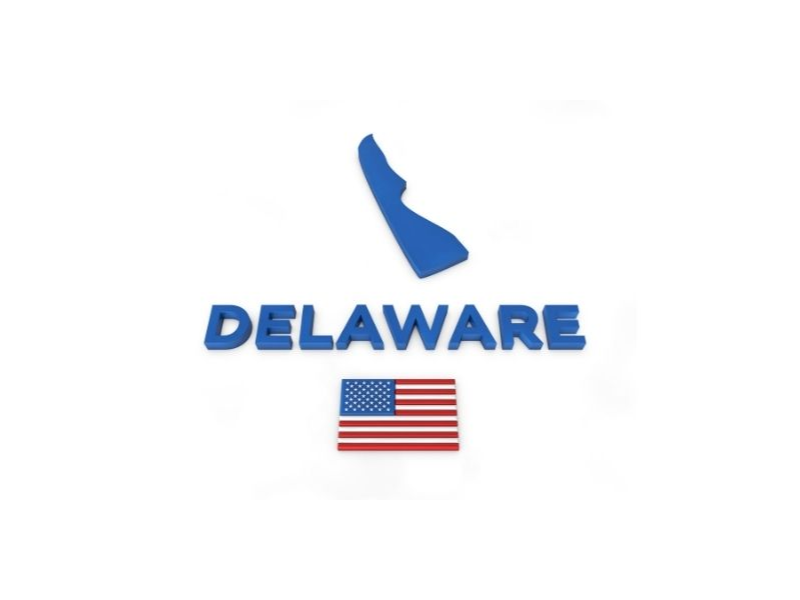
Delaware is one of the most popular states for company incorporation in the United States. More than 60% of Fortune 500 companies are registered here. This makes Delaware an attractive choice for those who want to start a business in the US.
But is this state so good for everyone? In this article we will analyze who really benefits from registering in Delaware, and who is better off choosing other states, such as Wyoming or New Mexico.
Why do so many people choose Delaware?
Why might Delaware not be a good fit for small businesses?
Why might Delaware not be a good fit for small businesses?
- High Taxes: Delaware has a high corporate income tax rate of 8.7%. It also has a Gross Receipts Tax, a special tax that only a few states have. These taxes may be too high for small businesses.
- Franchise Tax: In Delaware, companies are required to pay an annual franchise tax. The amount of the tax depends on the number of shares of company stock issued and can be as high as $250,000. If your company is small, this tax may be too much.
- Additional costs to incorporate in other states: If your business actually operates in another state, you will need to incorporate in that state as well. This means you will pay taxes and file reports in two states at once - Delaware and the state where your company operates.
When is enrollment in Delaware beneficial?
Registering in Delaware makes sense if:
- You plan to attract venture capitalists.
- Your goal is to take your company public (IPO).
- Your investors want the company to be incorporated specifically in Delaware.
For such purposes, Delaware is really good. However, the cost of maintaining a company here can still be high due to legal fees and taxes.
Myths about Delaware
Myth 1: There are no taxes in Delaware
Many people think that Delaware has no taxes, but this is not true. While there is no sales tax in the state, this benefit is only important for companies that work with local customers. Otherwise, taxes in Delaware are quite high, and they can be a serious burden for small businesses.
Myth 2: An LLC in Delaware doesn't pay taxes
Another common myth concerns LLC (Limited Liability Company) type companies. Some people think that LLCs in Delaware are tax exempt. In fact, an LLC is a pass-through entity, which means that taxes are paid by its owners, not by the company itself. If you are a non-US resident, you will have to pay taxes depending on your country of residence and possible agreements between it and the US.
How taxes work for non-residents
Delaware alternatives for small businesses
If your goal is a small business rather than a large investment, incorporating in Delaware may be unnecessary and expensive. There are more convenient and economical states to start a company.
Wyoming
Wyoming is one of the most popular states for small businesses. There is no income tax for individuals or businesses. There are also no gross receipts taxes and no franchise tax. The annual cost of doing business in Wyoming is minimal, making it a great choice for smaller companies.
New Mexico
New Mexico attracts entrepreneurs with the ability to register an anonymous LLC, which means that information about the owners of the company will not be publicly available. This state also offers low taxes and minimal annual fees, making it convenient for small businesses.
If you're not looking to attract big investors, states like Wyoming or New Mexico would be a great choice for you.
Conclusion: Delaware or another state?
Delaware is a great state for large companies and startups focused on attracting investors and IPOs. But for small businesses, registering in this state can be too expensive and complicated. Wyoming and New Mexico offer simpler and more favorable conditions for small businesses, minimizing costs and simplifying legal processes.
Before incorporating a company, think about what your goals are. If you want to minimize taxes and avoid unnecessary bureaucracy, Wyoming and New Mexico are the best choices.
If you still have questions about choosing a state to incorporate your company, the TaxFreeCorp team is available to assist you through every step of the incorporation process.

